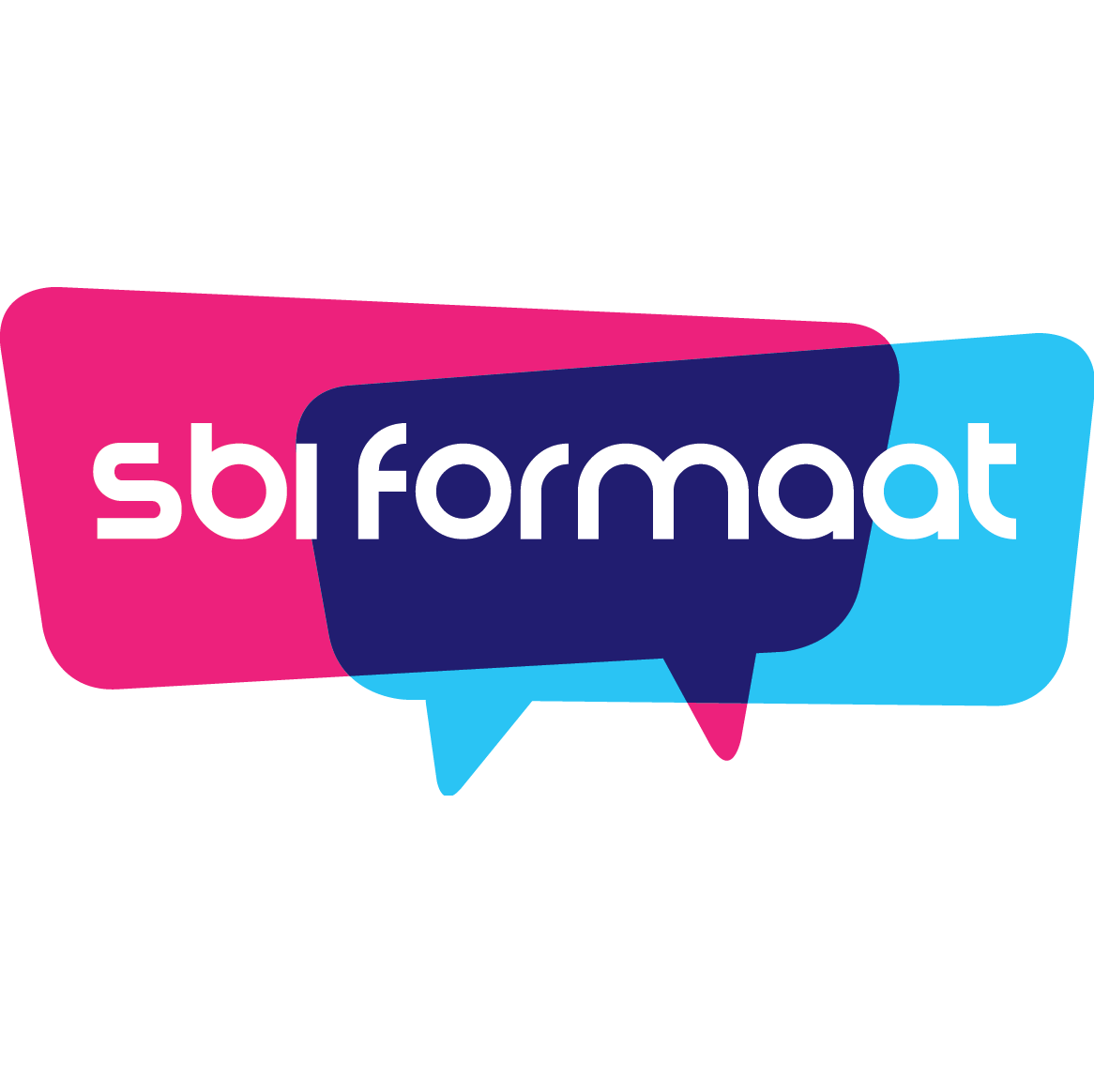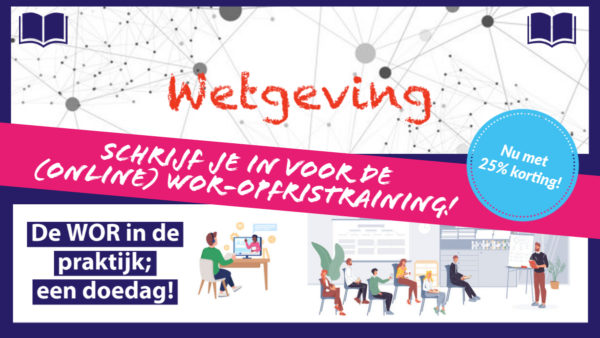Effective communication;
increase your chance of success!
Effective Works Council work stands or falls with communication. Even if your advice or contribution is spot-on, success is never guaranteed – how you communicate plays a decisive role.
In this training you’ll dive into the way you and your Works Council communicate. Together, we’ll explore how your communication style developed, the impact it has, and how you can start reshaping it. You’ll gain insight into the different roles people take in conversations, discover your own preferred role, and understand what this means for your individual results and for the Works Council as a whole.
From there, you’ll learn how to break through fixed communication patterns and experiment with new, more effective approaches. This will strengthen your collaboration with fellow Works Council members, management, and constituents—and significantly increase your chances of success.
Content of the training
- Theory about the different roles in communication based on Transactional Analysis (TA);
- Recognizing your preferred role and its consequences for yourself and others;
- Breaking patterns: how do you do that?;
- Practice with (your own) cases.
Working method
There are short theoretical introductions and many exercises using cases. You can (if desired) use your own cases to gain insight and experience how to break out of fixed communication patterns.
Objectives of the training
- Recognize your own communication patterns as a Works Council member;
- Insight into the communication pattern of your Works Council and management;
- Gain insight into the possibilities and opportunities to switch between different positions;
- Recognizing opportunities to break through patterns of yourself, the Works Council and management;
- Learning new ways to communicate more effectively with others.
‘Step out of fixed communication patterns and take control!’

